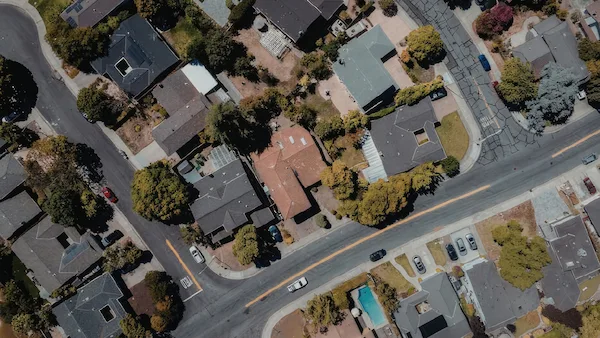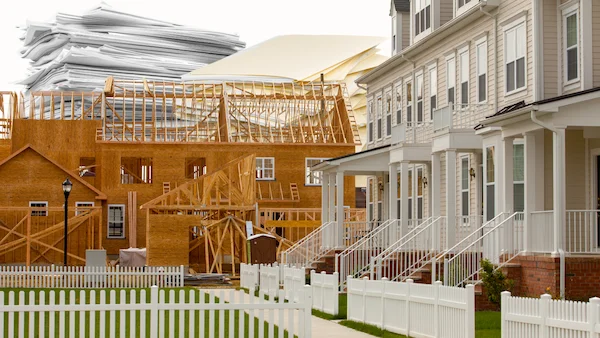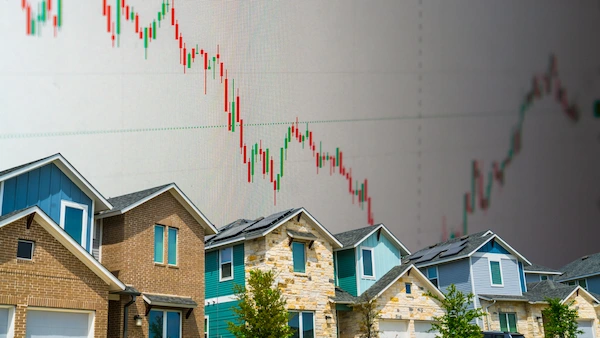With hammers, sweat, and determination, Detroit residents are leading one of the most ambitious housing revivals in the country. Once defined by population loss and hollowed-out neighborhoods, the city is now seeing thousands of homes brought back to life. This work isn’t being done by big developers or subsidized programs, but by the people who live there.
“While new vacancies are still an issue in Detroit, the data shows that, for the first time in many years, they continue to be outpaced by reoccupancy,” wrote Alex Alsup, the chief strategy officer of Regrid.
From 2019 to 2024, about 17,000 vacant houses were rehabbed and reoccupied in Detroit, while only 8,000 became newly vacant. That’s a net gain of 9,000 houses in just five years. Since some of these properties contain two or more units, the total number of housing units brought back into the market is even higher.
In another newly positive trend, the majority of these homes are owned by individual Detroit residents, instead of corporations or outside investors. Even rental units are more likely to be owned by a fellow Detroit resident. That means more of the community’s wealth is staying in the community, an essential part of a strong local economy.

So how are residents pulling this off? Sweat equity plays a big role. When homeowners can put in their own labor — or call on friends and relatives for help — it keeps costs manageable. This dynamic tilts the playing field in favor of locals, who are close enough to put in that work themselves.
Local nonprofits are also stepping up to help residents reclaim their communities. Building Community Value has trained hundreds of residents through its “Better Buildings, Better Blocks” program, giving them the tools and knowledge to become real estate developers within their own neighborhoods. As of 2022, the program had equipped 376 Detroiters with technical skills, a support network, and a philosophy of community-centered development. Programs like this ensure revitalization stays in the hands of people who live in Detroit — not those who only want to extract profit from it.
The Detroit Land Bank Authority has played a role too, offering houses to Detroit residents at more affordable prices. About 4,000 of the reoccupied houses were sold by the Detroit Land Bank Authority, most of which remain in the hands of individual Detroiters. However, Alsup emphasizes that the bulk of this housing revival is happening outside of official city programs, powered by residents meeting an urgent need for housing with the tools and homes available to them.
Detroit offers a glimpse of the challenges that many cities will face when the Growth Ponzi Scheme crashes beneath them. When that happens, renewal won’t come from flashy developments or massive subsidies. It will come from neighbors willing to roll up their sleeves and rebuild their blocks, one house at a time.
Join a live virtual workshop with Alex Alsup on October 2 to learn more about this citizen-led transformation and how your community can empower local homeowners.





